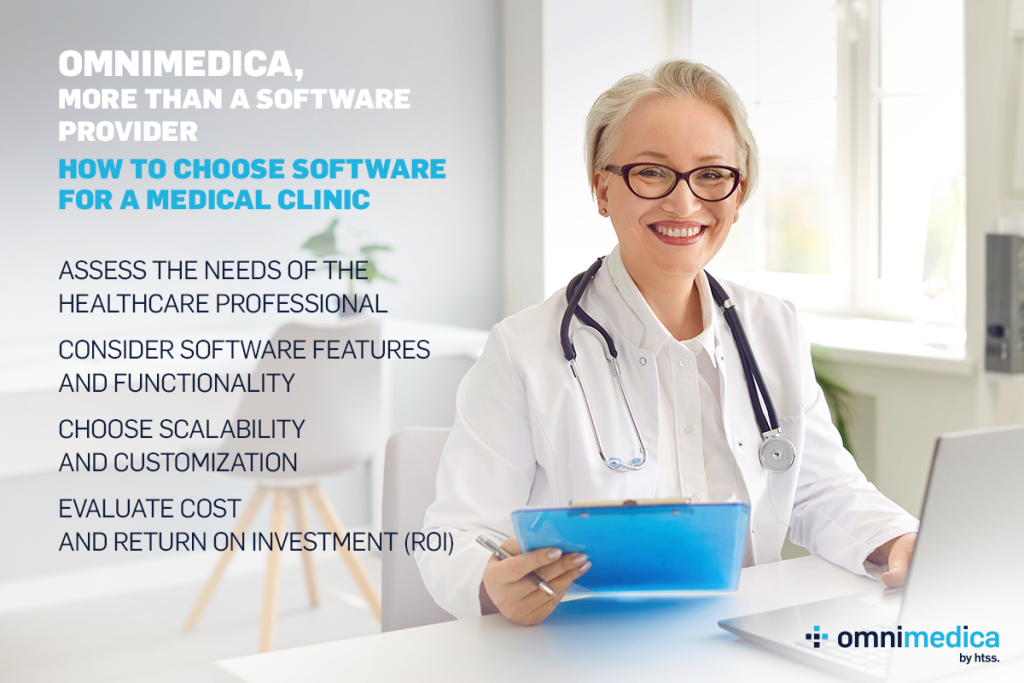Selecting the right software for your medical clinic is crucial to running an efficient medical practice. Investing in the right software can streamline administrative tasks, improve patient care, and improve the overall efficiency of a clinic’s operations, regardless of size. Choosing the best software for a healthcare setting’s specific needs can be challenging due to the multitude of options available on the market today. Here are a few key factors to consider when selecting medical clinic software for your practice.
Assess the needs of the healthcare professional
Evaluate your practice’s specific needs, capabilities and requirements. Consider factors such as the size of the practice, the volume of patients attending the facility, the services offered, and any unique workflows or processes that are integral to the clinic’s operations. Identifying these needs in advance will help you narrow down your research process and help you focus on software solutions that align with your goals and objectives.
Medical clinic software features and functionality
It is imperative to look beyond the basic functionality of the software and evaluate the full range of features offered when evaluating medical clinic solutions. Often, clinics should look for software that includes robust scheduling, electronic health record (EHR) management, billing capabilities, prescription management, and reporting and analytics tools. These features are essential for ensuring smooth operations and providing high-quality patient care. Seamless communication and care coordination are essential in the healthcare industry. Therefore, you may consider features such as telemedicine capabilities, patient portal integration and interoperability with other systems as essential for your clinic.
Scalability and customization
As clinics grow and evolve, software needs and desires can evolve and change at the same time. Selecting medical clinic software that is scalable and flexible allows you to adapt and expand systems as needed. Looking for customizable modules and features that can be tailored to fit your unique needs ensures that medical practice software remains effective and relevant in the long term.

Cost and return on investment (ROI)
In the research process, the cost implications and potential return on investment of the software investment must be considered. Although it is essential to stick to a set budget, the value of the software to the medical clinic is equally important. Evaluate the total cost of ownership, including upfront costs, ongoing maintenance fees, and any additional expenses such as training and support. Evaluate the potential ROI of the software in terms of increased efficiency, improved patient satisfaction and reduced administrative burden.
omnimedica, more than a software provider
For professionals looking for a software solution for medical clinics, omnimedica is a partner in leveraging human experience. With its intuitive interface and functions, omnimedica simplifies clinic management, patient records, scheduling and billing. Our platform’s customizable options address the specific needs of different medical specialties, ensuring efficient workflows and optimal patient care.
Request a demo to learn more from one of our specialists.



